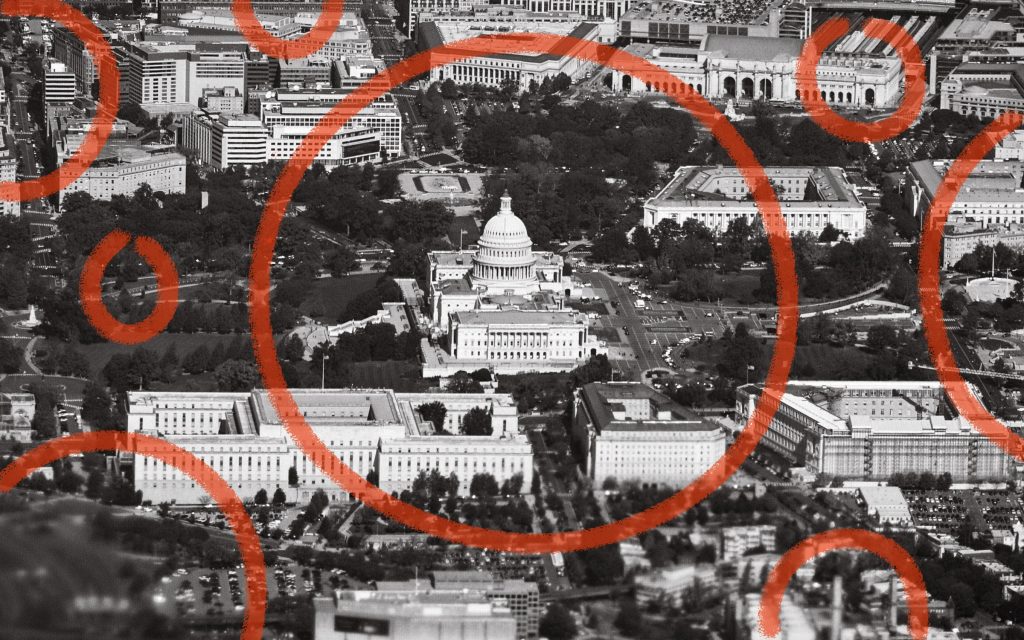Geofence Warrants Ruled Unconstitutional—but That’s Not the End of It
Geofence Warrants Ruled Unconstitutional—but That’s Not the End of It
Recently, a federal court in Illinois ruled that geofence warrants, which allow law enforcement to collect location…

Geofence Warrants Ruled Unconstitutional—but That’s Not the End of It
Recently, a federal court in Illinois ruled that geofence warrants, which allow law enforcement to collect location data from devices in a specific area at a specific time, are unconstitutional.
The court found that these warrants violate the Fourth Amendment’s protection against unreasonable searches and seizures.
While this ruling is a significant victory for privacy rights, it may not be the end of the legal battle over geofence warrants.
Law enforcement agencies are likely to appeal the decision, and other courts may reach different conclusions on the constitutionality of geofence warrants.
Additionally, technology companies that provide geofencing services may also face legal challenges as a result of this ruling.
It is important for lawmakers and courts to carefully consider the privacy implications of geofence warrants and to ensure that they are used in a manner that is consistent with constitutional rights.
Ultimately, the question of whether geofence warrants are constitutional is likely to be decided by the Supreme Court.
Until then, it is crucial for individuals to be aware of their rights and to push back against any efforts to use geofence warrants to infringe on their privacy.
Overall, while the ruling on geofence warrants is a step in the right direction, the fight for privacy rights is far from over.






